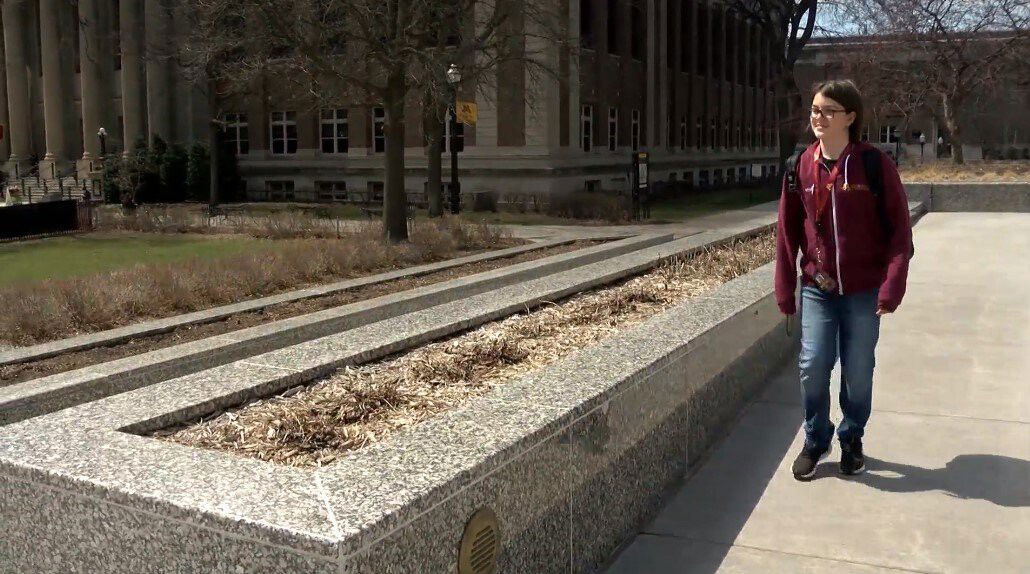13-year-old set to graduate college in May, pursuing PhD in physics

Elliott Tanner is just like any 13-year-old - except kids his age are in middle school and he's in college.
By Caroline Cummings
Click here for updates on this story
MINNEAPOLIS, Minnesota (WCCO) — Elliott Tanner is just like any 13-year-old who loves playing video games and hanging out with friends — except kids his age are in middle school and he’s in college.
He is set to graduate with a bachelor’s degree in physics in May from the University of Minnesota and will start a PhD program there in the fall to keep up his studies of high energy theoretical physics.
He’s one of the youngest students the College of Science and Engineering has ever had, maintaining a 3.78 GPA and participating in undergraduate research and tutoring classmates.
“I have an incredible passion for physics,” he said. “It’s been one of my favorite things to do.”
If his story sounds like it’s made for TV, in some ways it already is. “Young Sheldon” on CBS chronicles the life of young Sheldon Cooper as a whiz kid before he goes on to be a physicist in “The Big Bang Theory.”
Tanner is a fan of the show and went out to visit the cast while they were filming and met Iain Armitage, who plays Sheldon. The bond was quick and the actor who plays the boy genius on TV is now friends with the real boy genius off-camera.
“I think the awesome thing about him is he is very, very smart, like possibly even smarter than Sheldon,” Armitage said in an interview with WCCO.
They are both the same age—kids navigating an adult world. They enjoy playing video games together and frequently text about what’s going on in their day.
“Our texts are a weird blend of him telling me about his crazy college experience, me telling him about our crazy set experience but at the same time, exchanging fart jokes and saying when do you want to meet up on virtual reality? What do you want to do today?,” Armitage said. “He’s the type of person you know in 10 years you’ll either be working for him or reading about all of the amazing things he’s done in the news.”
Tanner did not receive a tuition waiver or financial aid for his PhD program, so friends and family are raising money to pay for his tuition, his mother said. When he completes the program, which takes about five to six years, he hopes to someday return and become a professor, so he can share his passion with others.
“I feel like I would love to be able to spread some for this joy for physics and enthusiasm for it around,” he said.
Please note: This content carries a strict local market embargo. If you share the same market as the contributor of this article, you may not use it on any platform.
